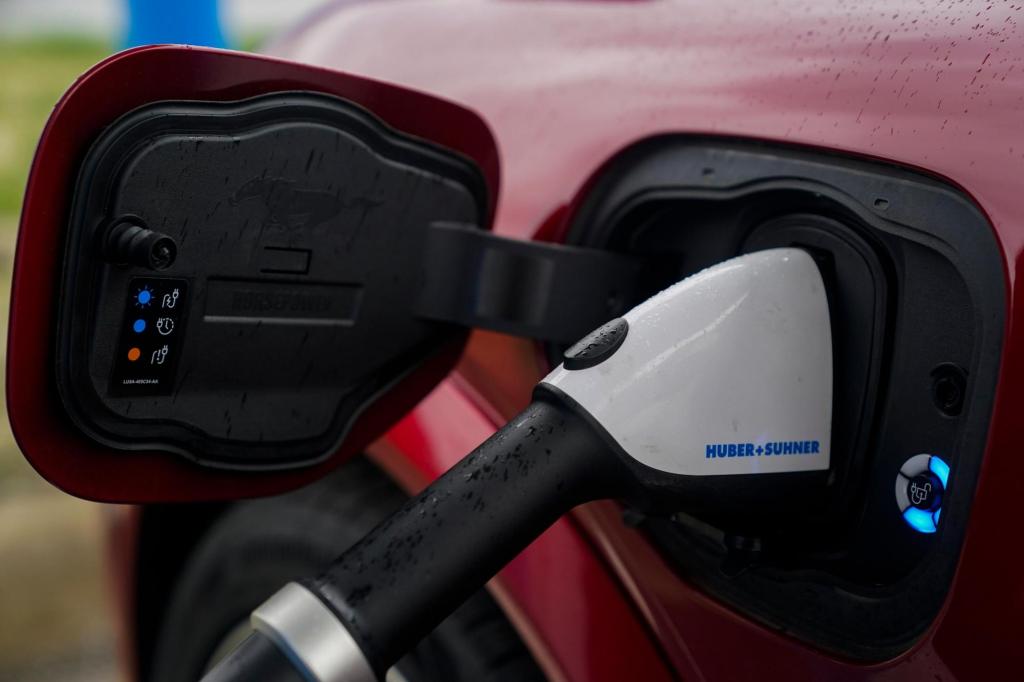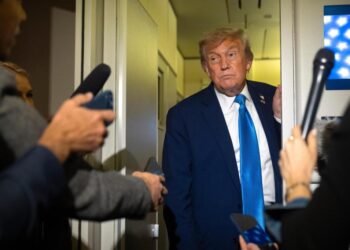By Tom Krisher and Matthew Daly | | The Associated Press
The U.S. government on Friday loosened some rules governing electric vehicle tax credits, potentially making more EVs eligible for credits of up to $7,500 but leading critics to accuse the Biden administration of helping China.
The Treasury Department announced final regulations for the credits under the 2022 Inflation Reduction Act, giving automakers more time to comply with some provisions about where battery minerals can come from.
The credits range from $3,750 to $7,500 for new EVs. There’s also a $4,000 credit for used ones.
They’re aimed at juicing demand for EVs in an effort to reach a Biden administration goal that half of all new vehicle sales be electric by 2030. This year the credits are available at the time a vehicle is purchased from an authorized dealer rather than waiting for an income tax refund.
Qualifying for the credits depends on a person’s income, the price of the vehicles and requirements related to battery makeup and minerals that get tougher each year. To get the credits, EVs must be assembled in North America. Some plug-in hybrids also can qualify.
Starting this year, complex rules are being phased in to promote development of a domestic electric vehicle supply chain. The rules would limit EV buyers from claiming the full tax credit if they purchase cars containing battery materials from China and other nations “of concern” that are considered hostile to the United States. Those include Russia, North Korea and Iran.
Under the final rule, however, small amounts of graphite and other minerals used in batteries would be exempt from the restriction until 2027, because their country of origin is nearly impossible to trace, officials said. Without the exemption, some vehicles that met nearly all of the requirements could get knocked out of tax credit eligibility due to tiny amounts that couldn’t be traced, Treasury said.
The National Mining Association slammed the new exemptions as…
Read the full article here







